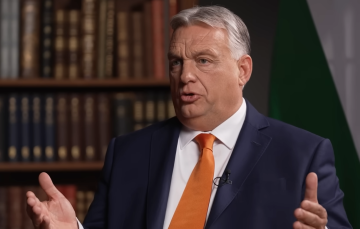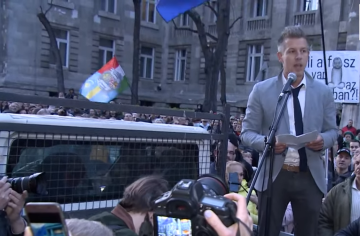Viktor Orban may be re-elected as Prime Minister in the upcoming parliamentary elections.
According to Reuters, the primary issue for Budapest is high inflation, which has become palpable for every citizen of the country. Hungarians have not experienced such a significant decline in their standard of living since the Fidesz party came to power in 2010.

The increase in inflation, particularly in 2022-2023, has been the result of several factors, including the Russian invasion of Ukraine and the ensuing economic upheaval in Europe. However, some of the problems were also created by Orban himself. Before the parliamentary elections in 2022, he spent $5.35 billion on state payments to the population, which only exacerbated inflationary processes.
The European Commission forecasts that Hungary's economic growth will be just 1.8% in 2025, the lowest figure during Orban's 15-year tenure. These challenges could have serious implications for the government's popularity, as recent polls indicate. In particular, the new center-right party Tisza, led by Peter Madjar, is already surpassing Fidesz in some areas of the political spectrum.

Despite these issues, Orban is not planning to back down. As Bloomberg reports, he is already looking to return to the practice of indirect voter bribery, attempting to gain their support through subsidies. Specifically, there are plans to provide rural pensioners with 3 million forints (around $7,700) for home repairs. However, the economic challenges may be too severe for such measures to be effective.
Source: reuters.